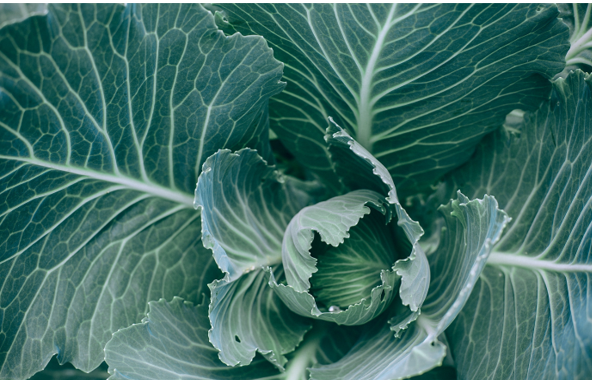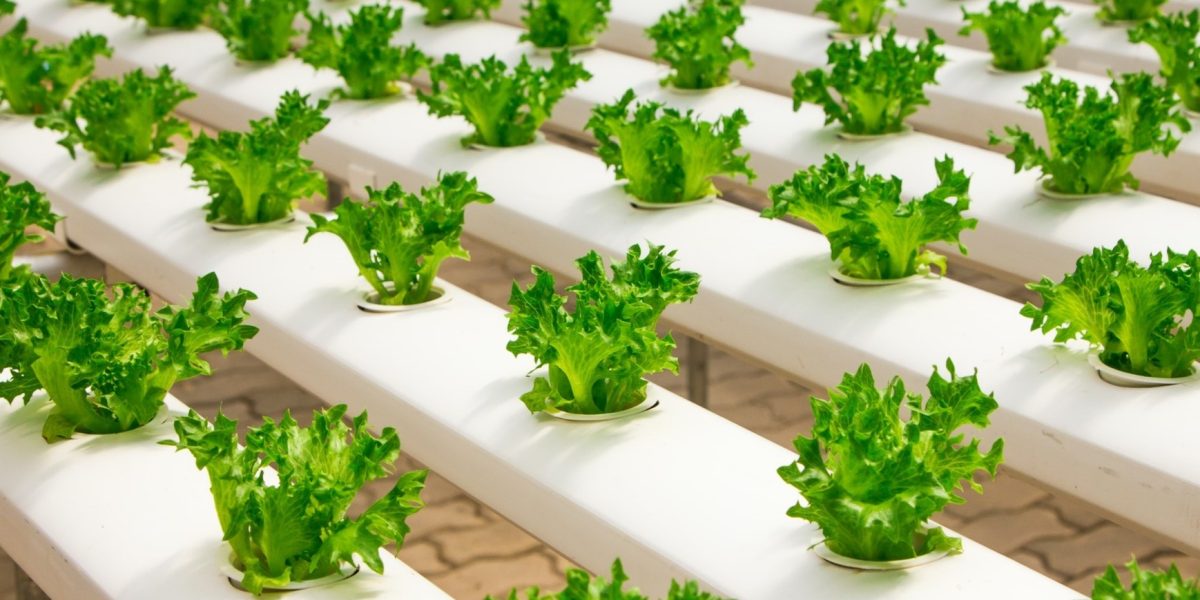Novel Foods - Patent Protection & Regulation
Novel Foods are fundamental to ensure an environmentally friendly supply of nutrition for future generations. “Novel foods” include innovative foods and food produced using new technologies or production processes. If you work with Novel Foods you need to understand how to secure IP protection as well as national and EU food regulations – here is an introduction on how.
Novel Foods are a solution to the problems posed by a growing population, an increasing demand for healthy foods, and the need to protect our climate. However, there are numerous requirements that entrepreneurs in the Food-Tech field need to navigate to have success with their ventures.
In general, the concept of Novel Food is defined by the EU as “foodstuff or food ingredients, which have not been used for human consumption to a significant degree within the European Union before 15 May 1997”. Consequently, a novel food product has to be approved in a pre-market safety assessment by the European Food Safety Agency (EFSA).
Filing a Novel Food application with EFSA can be a costly and time-consuming process. Therefore, it is vital to have secured the Intellectual Property Right of your product (by filing a patent application) to ensure exclusivity on the market when your Novel Food product is finally approved.
Patent your Novel Food
A patent can protect your Novel Food for up to 21 years, whether your invention a novel food itself, a new production process, a new use or related technology. A patent allows you to forbid others from producing, importing and selling your patented product.
The market exclusivity granted by a patent ensures return of investment on Novel Food development and can even facilitate further investments. Thus, a patent (application) can be an invaluable asset in the early years for a startup.
We recommend filing a patent application well in advance of filing a Novel Food application with EFSA – and certainly before you publish any information relevant to your invention! However, familiarisation with the procedural stages and legislation in EU regarding admissibility of the novel food is important for appropriate and efficient prosecution already during the early steps of the patent process.

EU approval of Novel Foods
Approval of “Novel Foods” requires an application to EFSA via the European Commission. The application must include an extensive description of the product, composition specifications, production process, stability, “history of use“, animal/human studies, nutritional data, microbiological and toxicological data, and details on use and expected intake.
EFSA makes a risk assessment based on the application, the available data and documentation, before the Member States comment and vote on the permission of the product in the European Union. The processing time is about 1½ years. The national food authorities (i.e. Fødevarestyrelsen in Denmark) can assist you in evaluating the novelty of a product and with questions concerning the application.
Nutrition and Health claims Protecting your Novel Food invention and data
If your Novel Food has amazing properties -you want to market it. But beware: Nutrition and health claims (in Danish: anprisninger), which assert beneficial nutritional properties due to e.g. specific content of energy, nutrients or other substances, must be approved by the EU.
You cannot declare an association between your novel food and a health benefit in a commercial setting unless the EU has approved the specific association.
If a Novel Food can be described by nutrition or health claims already approved by the EU, these claims may be used for marketing purposes. If not, an approval by EFSA (and the EU) to use the new nutritional or health claim is necessary. A novel food application can be suspended while a parallel assessment of a nutritional or health claim is made by EFSA.
Protecting your Novel Food, invention and data
Any new scientific documentation needed for your novel food application can be protected for up to 5 years after authorization. Consequently, companies looking to place equivalent novel food products on the market have to produce their own product data, ask for your permission to refer to your data or wait for 5 years.
Additionally, it is also possible to request a confidential processing of certain information in the application, if a disclosure could harm your competitive situation
Need to know more?
Please contact HØIBERG’s Novel Foods experts Louise Aagard & Janni Wandahl Pedersen.
